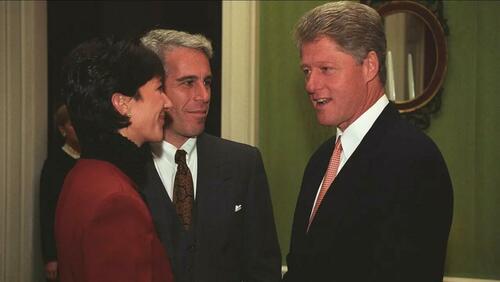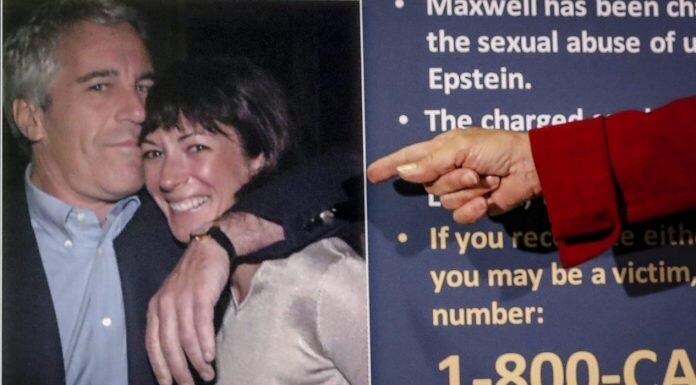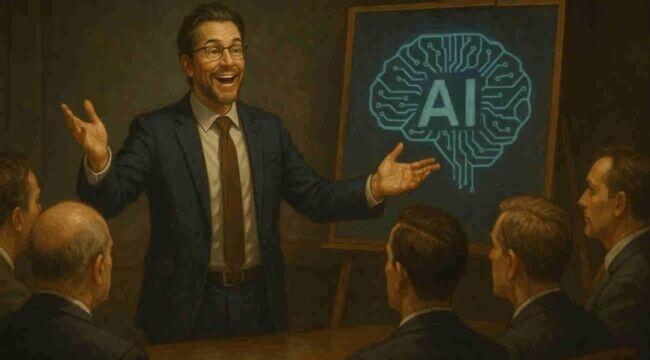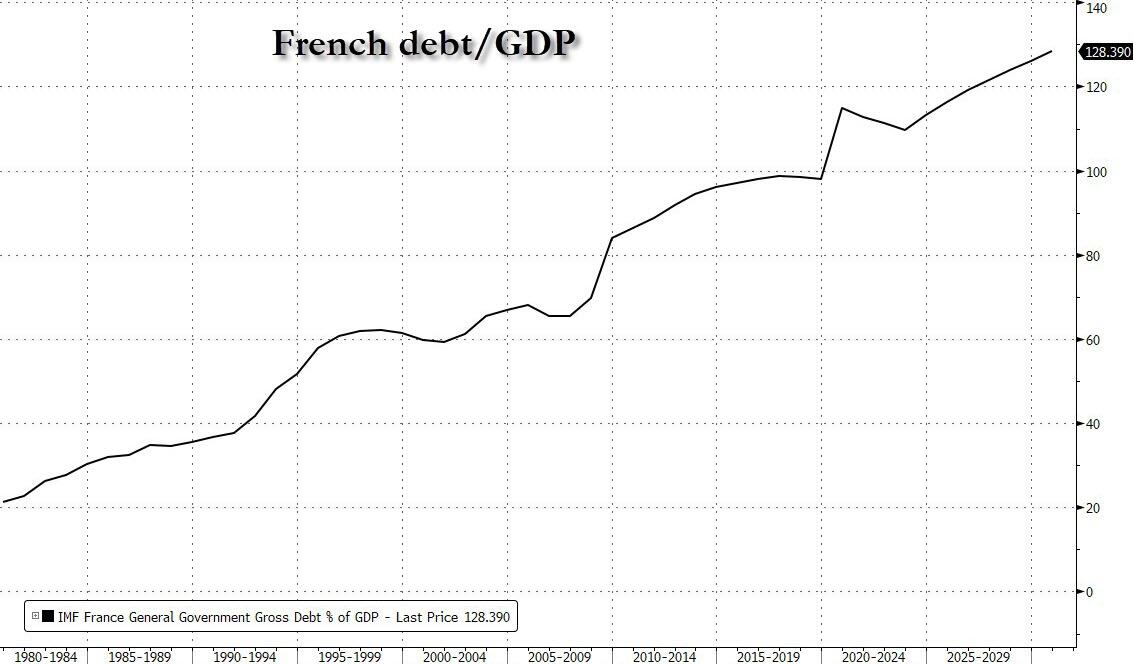OK, here's a contrarian take on the Epstein case: Nothing to see!
The good thing about investors is that these people are focused. They do not care much about anything except making money! Epstein? Let's hedge the story!
Which also happens to be why we are in such a deep sh!t.
If Epstein was not Mossad, Robert Maxwell, the father of Ghislaine most certainly was, including a death in very suspicious circumstances at sea.
One thing I have always been interested in are suspicious death. There are a lot of things people do in their life to make a point but usually "dying" is not one of them.
Think about all the death surrounding the Clintons, coincidence? Or the very recent "suicide" of Virginia Giuffre who specifically told us she would NOT commit suicide.
You can find her testimony here:
https://phil-data-blog.blogspot.com/2025/06/virginia-giuffres-deadmans-switch.html
"So who are you going to believe, me or your own lying eyes?"
PS: Also in France, yesterday, the doctor who accused the wife of Macron of being a man, just committed suicide too, by jumping from the window of his apartment in Paris. Imagine that instead of suicide, all these people had won the lottery. Would you believe it?
If you want to know more about Macron, here's the link and entrance to another rabbit's hole.
https://www.cryptogon.com/?p=73085

A Contrarian Take On The Epstein Case
Occam’s Razor And Epstein
When a case is finally declared “closed,” the temptation is to assume there must still be something huge left hidden. But what if the simplest explanation really is the right one? In our post below, we make that argument. Before we get to it, a brief market note.
Maybe There Was No Epstein Blackmail Ring
1. What the government just said
7 July 2025 memo (DOJ + FBI).
No “client list,” no credible evidence Epstein black-mailed anyone, no intelligence-service link, and the official cause of death remains suicide.* Source: ABC News.
Scope of the review. Agents re-examined digital evidence, interview notes, flight logs and surveillance video; nothing “predicated further investigation of uncharged third parties.” Source: The Guardian.
The memo does not claim Epstein was harmless; it simply says the material conspiracy theories—spy craft, kompromat, a master “client list”—aren’t supported by evidence in government hands.
2. A three-point, non-conspiratorial model
Basically, Epstein 1) liked the company of teen girls, 2) liked to make money, and 3) liked to hobnob with powerful people. So he used 1) to get 2) and 3).
| # | Motivation | Public evidence |
|---|---|---|
| 1 | Epstein liked the company of teen girls | >1,000 teen girls identified by the FBI; they say they were paid ~$200 for “massages.” Ghislaine Maxwell convicted (20 yrs) for recruiting minors, 1994-2004. |
| 2 | Money & lifestyle | Accumulated nine-figure wealth, multiple mansions and a private jet. |
| 3 | Social cachet | Cultivated presidents, royals, tech titans: |
3. Why “no black-mail ring” fits the observable facts
Happy photographs & repeat visits.
Powerful acquaintances kept meeting Epstein after his 2008 conviction. If he were extorting them, the usual response would be distance, not public proximity.Only one co-conspirator convicted.
In six years of renewed scrutiny the sole high-profile prosecution is Maxwell. No fixer-handlers, no bag-men, no cut-outs—nothing prosecutors could indict that resembled an intelligence apparatus.No “smoking-gun” tapes.
The memo says investigators found hard drives and discs but nothing warranting charges for unnamed figures. If kompromat existed in usable form, it would be the logical cornerstone of any case."Masseuse" testimony points to money, not covert leverage.
Women describe being shuttled for paid sexual encounters; none testified to seeing politicians or CEOs threatened or filmed for extortion. (Civil suits against Prince Andrew and others alleged abuse, not blackmail.)
4. But what about the spy rumors?
Mossad / CIA claims have circulated for years, seeded by Maxwell-family lore and former officials’ speculation. None progressed beyond hearsay; the new DOJ review found no corroboration.
Occam’s Razor. Epstein didn’t need an intelligence sponsor. He enjoyed access to teen girls and so did a lot of rich and famous men.
5. The uncomfortable conclusion
Epstein’s operation may have been banal:
A rich man discovered that providing access to underage sex was the fastest way to extract donations, investment ideas, and proximity to power. He filmed some of it—probably for his own gratification—while everyone assumed the other guests must know something they didn’t.
If that is all there is, it explains:
Why the “client list” never surfaces (it doesn’t exist).
Why high-status friends were willing to be photographed with him (they thought he was simply discreet and rich).
Why exhaustive federal reviews end with no further charges: the crimes were already charged against Epstein and Maxwell, and the rest is sordid but not conspiratorial.
Take-aways
Elite social circles reward money first, morality last. People kept showing up because others did—you might call it trickle-down credibility.
When official documents close a file, absence of evidence may really be evidence of absence—especially after years of leaks, civil suits and FOIA fights.
Conspiracy theories comfort us by implying there’s a hidden order. Maybe there really wasn't one here. Or if there is one, it's to get us talking about Epstein instead of something else that's happening now.
Update: One thing that still doesn't make sense.
Why would Epstein have killed himself? Why not wait to see if he could be found not guilty at trial, or use his influence to get a pardon or commutation?
The missing minute of video footage certainly doesn't answer that question.




